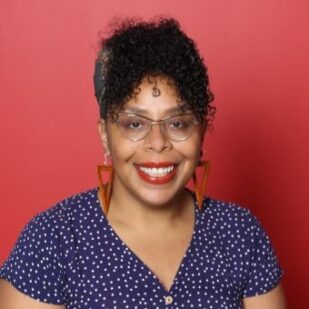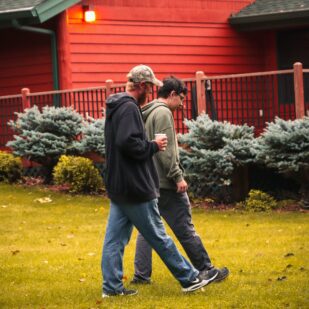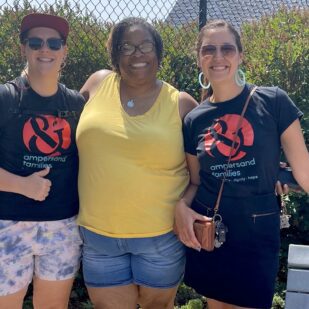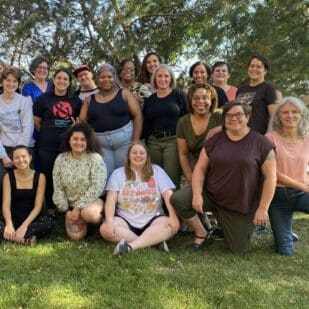My name is Danielle Brown and I have worked with Ampersand Families as a Youth Permanency Specialist for more than five years. Last year, I humbly accepted an additional role with a new program offered at our agency. This program is called Innovative Targeted Recruitment for African American Youth. Innovative Targeted Recruitment for African American Youth works to establish community partnerships that engage in targeted recruitment to meet the needs of African American Continue Reading
Blog posts
MYVoice wins state grant
This month the MYVoice program of Ampersand Families is excited to announce a new grant to support "protective factors" for young people with experience in foster care. This grant, funded by the Minnesota Department of Public Safety (DPS), invests in the relationships, positive peer community, and leadership opportunities that all young people deserve as they grow into healthy and connected adults. What is MYVoice? MYVoice (also known as Minnesota Youth Voice) is Continue Reading
What is Permanency?
Permanency is not a word most people think about often; the general public does not always understand the significance of the supportive connections they have access to. In our work, permanency is a topic we talk about every day and engage youth in conversation about. We typically look at permanency in three ways: legal, physical, and relational/emotional. Legal Permanency When we think of legal permanency, we are thinking about the relationship Continue Reading
It really does take a village. Become a Buddy Family!
Community, whether we are aware of it or not, is something we all seek out in our daily lives. It can look a lot of different ways such as: game nights with friends, joining a workout class or social sport, talking with folks at a coffee shop or joining a religious community. Seeking community is a way that we build connection with others and get support when we need it. When I think about the Buddy Family Program, that is what I think about: community, connection and Continue Reading
Recruiting adults to meet youths’ unique needs
When you consider lives that have experienced trauma, time involved with the child welfare system, and on top of this, the natural confusion of development and growing up, it seems perfectly clear that some youths’ views of the world, and the skills they cultivate, are not the same as their peers who have a more supported and secure upbringing. This understanding leads to much greater conversation as to why the need for connection and family is so important, but Continue Reading
Happy 15th Birthday, Ampersand Families!
Ampersand Families turns 15 this year! And like most 15-year-olds, we’re growing and changing. Our agency was born of a passion for change – deep systemic change that would prevent older youth in foster care from aging out of the system without supportive adult relationships. That passion is authentic as our co-founder, Michelle Chalmers, herself aged out of care in the 1980s. Michelle and co-founder Jen Braun created what has become one of the most inclusive, Continue Reading






